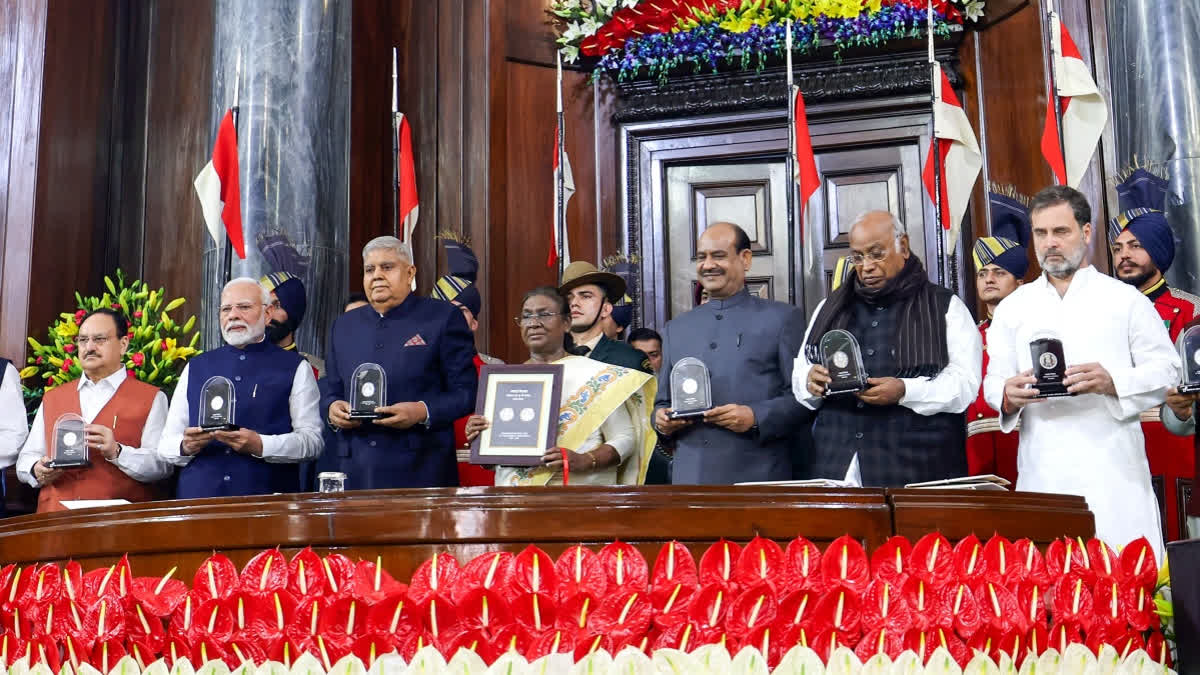Sayantan Ghosh
The year 2024 has been a watershed moment for Indian politics, with regional parties redefining the political landscape in unprecedented ways. The Lok Sabha elections and subsequent state assembly elections have highlighted the growing influence and significance of regional parties, challenging the dominance of national parties like the BJP and Congress. This shift towards regionalism has not only reshaped the electoral dynamics but also underscored the importance of addressing local issues and concerns.
In the 2024 Lok Sabha elections, regional parties such as the Samajwadi Party (SP) in Uttar Pradesh, the Trinamool Congress (TMC) in West Bengal, and the Dravida Munnetra Kazhagam (DMK) in Tamil Nadu emerged as formidable forces. Their strong performances demonstrated their ability to mobilize support and connect with voters at the grassroots level. The SP secured 37 seats, the TMC won 29 seats, and the DMK clinched 22 seats, effectively challenging the BJP's dominance and bolstering the opposition's strength.

The state assembly elections further underscored the rise of regional parties. In Jharkhand, the Jharkhand Mukti Morcha (JMM) led by Hemant Soren achieved a significant victory, securing 56 out of 81 seats in alliance with the Congress and other parties. Similarly, in Andhra Pradesh, the Telugu Desam Party (TDP) led by Chandrababu Naidu made a remarkable comeback, winning 106 assembly seats. These victories highlighted the effectiveness of regional parties in addressing state-specific issues and connecting with voters at the grassroots level.
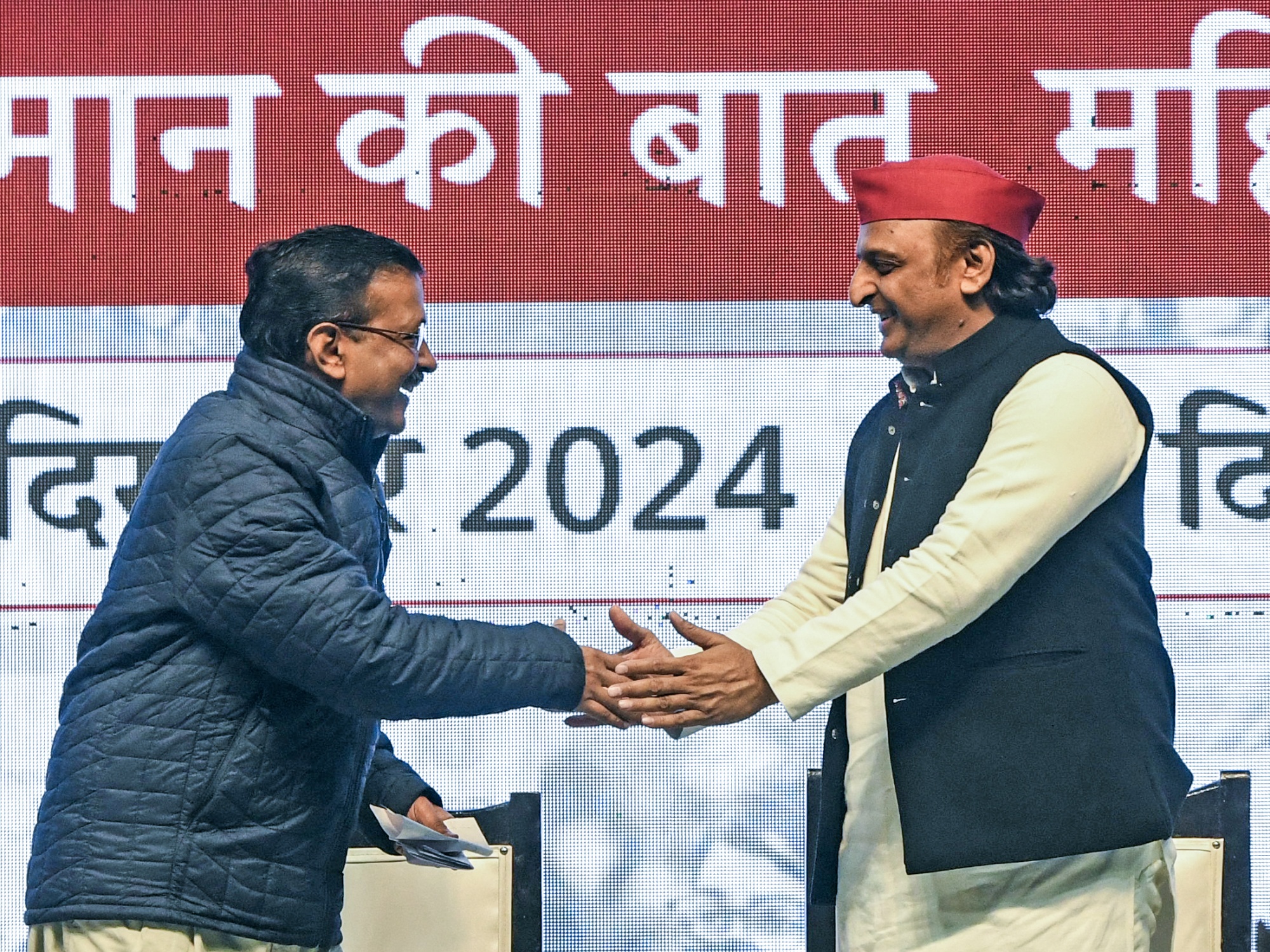
As India moves forward, the role of regional parties is likely to become even more significant. Their success in the 2024 elections underscores the importance of regional leadership and the need for national parties to engage more meaningfully with local issues and constituencies. The future of Indian politics will likely see a greater emphasis on coalition governments and regional alliances, with regional parties playing a pivotal role in shaping policy and governance.
A Challenge for BJP’s Dominance
The shift challenges the saffron party's national dominance. From Bihar to Andhra Pradesh and Tamil Nadu to West Bengal, regional players not only strengthened their foothold but also shaped the electoral narrative by focusing on grassroots governance, welfare schemes, and federal principles. This shift signals a need for the BJP to recalibrate its strategy to maintain its influence in India’s complex political ecosystem.
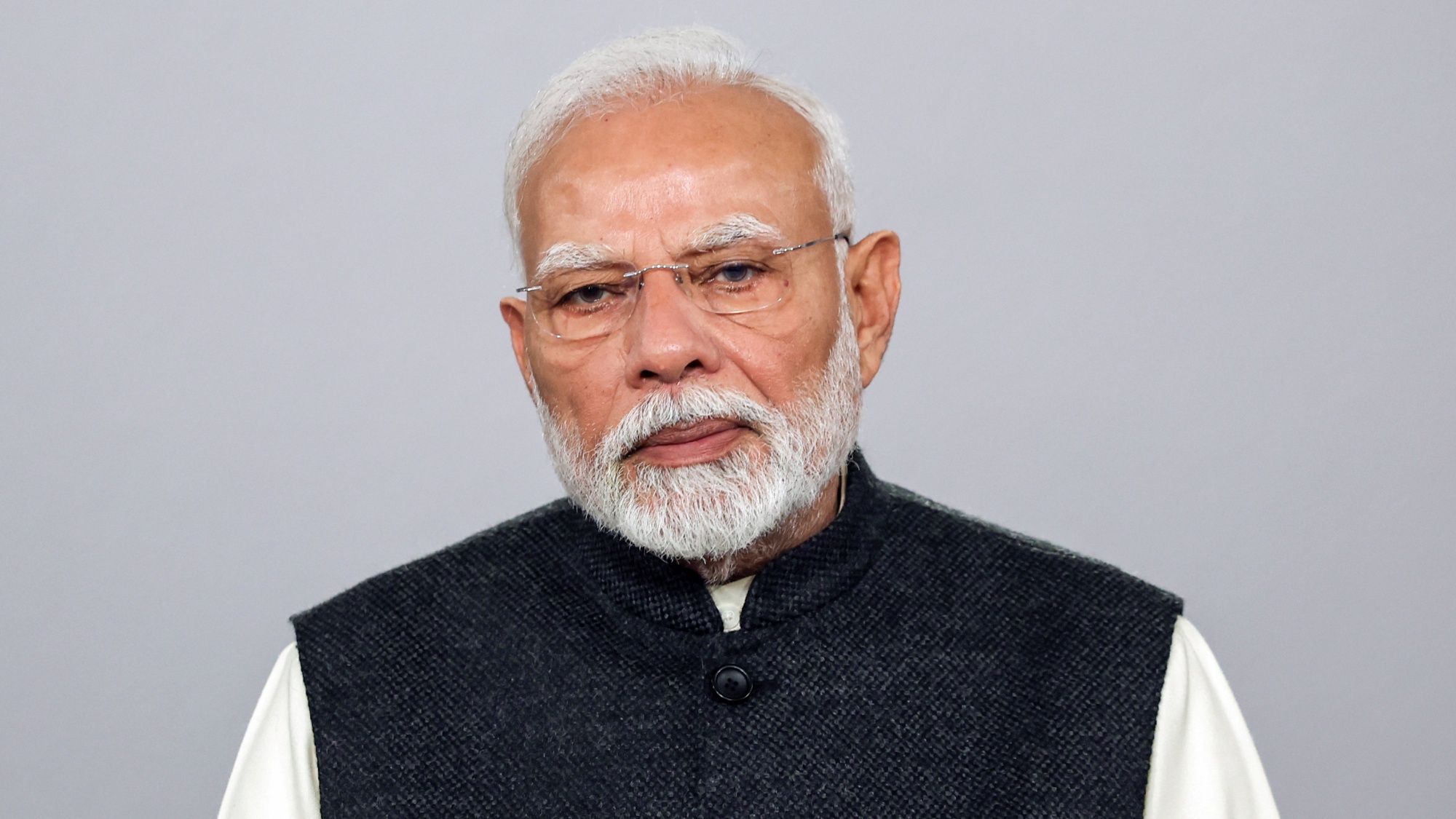
One of the key takeaways from the 2024 elections is the growing importance of coalition politics. Leaders like Chandrababu Naidu in Andhra Pradesh and Nitish Kumar in Bihar have proven their mettle in mobilizing support against centralization tendencies, reinforcing the indispensability of regional parties in governance. The BJP, while traditionally emphasizing its centralized vision, now faces the pressing need to offer greater autonomy and political space to its regional coalition partners, both at the centre and in the states.
Equally, the BJP must invest in redefining its vision and leadership. The model of national governance that brought it repeated victories since 2014 may no longer suffice. With regional parties demonstrating their ability to cater to localized aspirations, the BJP must present a renewed vision that combines national priorities with regional needs. This includes fostering stronger collaboration with state governments led by its allies, ensuring that their voices are heard in decision-making processes.
In an era marked by a resurgence of regionalism, the BJP’s adaptability will be crucial. A balanced approach that respects the autonomy of its partners, coupled with a vision that resonates across diverse regions, will determine whether it can sustain its position as India’s leading political force in the years to come.
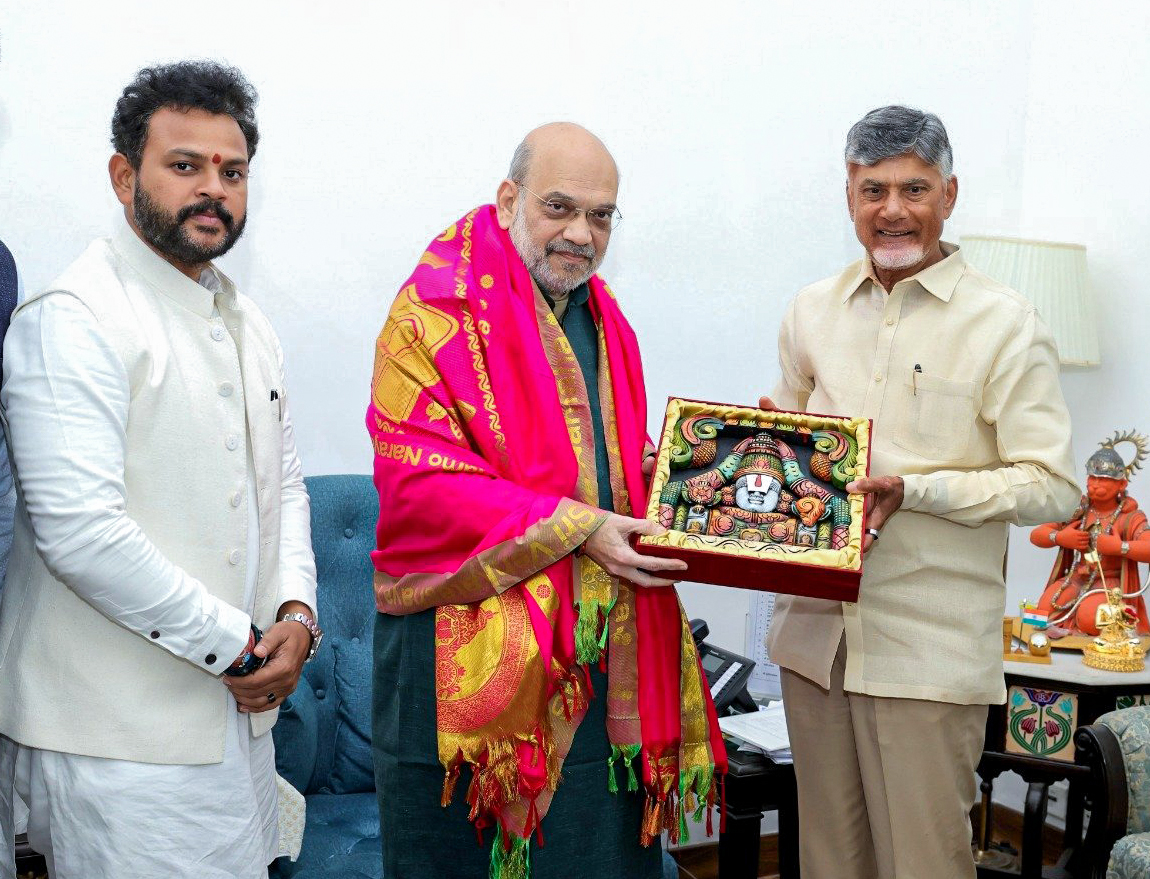
Need to embrace regional allies
Regional parties like the SP, the TMC, and the DMK have effectively countered the BJP's influence in their respective states. This shift underscores the need for Congress, as the largest party in the INDIA bloc, to recalibrate its strategy and give more space to regional allies.
The Congress's decline in several states, coupled with its inability to secure a majority on its own, highlights the importance of regional parties in the opposition's strategy. The SP's success in Uttar Pradesh, the TMC's resilience in West Bengal, and the DMK's dominance in Tamil Nadu demonstrate how these parties are in sync with local issues mobilising voters.
To effectively challenge the BJP, the Congress must embrace a more inclusive approach within the INDIA bloc. This means recognizing the strengths of regional parties and allowing them greater prominence in decision-making processes and electoral strategies. By fostering a collaborative environment and leveraging the unique strengths of its regional allies, the Congress can present a united front and enhance the opposition's ability to counter the BJP's influence.
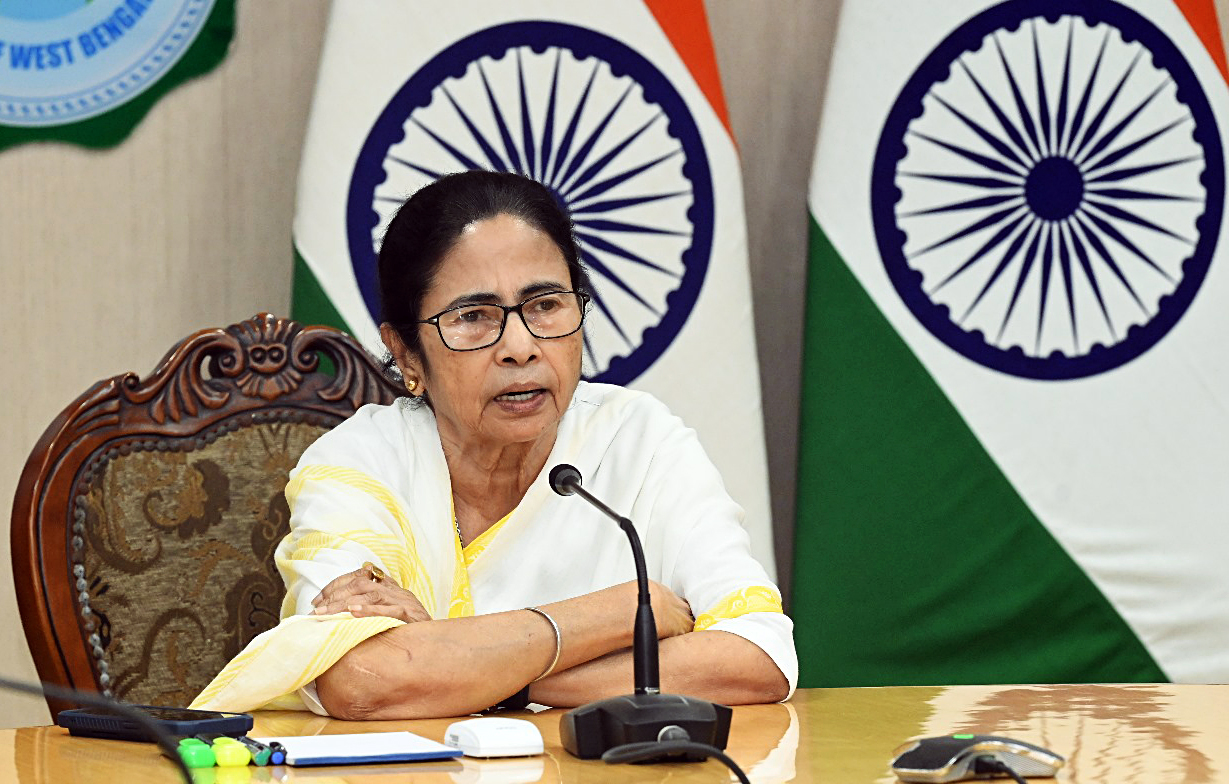
Local narratives key for state elections
The rise of regional parties in 2024 signals a significant shift in India's political landscape, indicating that future state elections will become more hyperlocal and not national. This resurgence underscores the importance of addressing local issues and the unique needs of each state, which regional parties are adept at doing. Their success in the 2024 elections highlights their ability to connect with voters at the grassroots level, offering tailored solutions that resonate with the electorate.
In Maharashtra, the 2024 Assembly elections were a prime example of hyperlocal narratives taking centre stage. The BJP-led Mahayuti alliance focused on cash transfers, caste dynamics, and addressing farm distress, which resonated with the local electorate. The Mahayuti's Mukhyamantri Majhi Ladki Bahin Yojana, providing financial support to women, was a key factor in their victory, showcasing the importance of localized welfare schemes.
Similarly, in Haryana, the BJP's success in securing a third consecutive term was attributed to its effective micro-management and addressing specific regional issues. The party's focus on constituency-level strategies, mobilizing local leaders, and addressing the needs of deprived communities played a crucial role in their victory. The central narrative of "kisan [farmer], naujawan [youth], pehelwan [wrestler]" highlighted the importance of hyperlocal issues in the election.
In Jharkhand, the 2024 Assembly elections saw the Jharkhand Mukti Morcha (JMM)-led INDIA bloc achieving a significant victory by addressing the pressing challenges faced by the state's predominantly tribal population. The JMM's grassroots-driven welfare initiatives and strong tribal identity resonated deeply with the electorate, leading to their success. Key schemes like the Mukhyamantri Maiya Samman Yojana, which provided financial assistance to women, and the Birsa Harit Gram Yojana, aimed at promoting sustainable agriculture, played a significant role in winning voter support.
As regional parties gain prominence, state elections are likely to focus more on hyperlocal issues such as infrastructure, education, healthcare, and employment. These parties have a deep understanding of their constituencies and can effectively address specific concerns, making them more appealing to voters. This trend will push national parties to adopt a more localized approach, ensuring that they remain relevant in state politics.
Regional concerns to dominate
The rise of regional political parties in 2024 marks a transformative moment in Indian politics, signalling the decline of two-party dominance in Parliament. This shift has been evident in recent sessions, particularly during the winter session, where the opposition's unity fractured over differing priorities. For instance, while Congress sought to focus on the Adani issue, regional parties like the Samajwadi Party and Trinamool Congress pushed for regional concerns, revealing the growing weight of localized narratives.
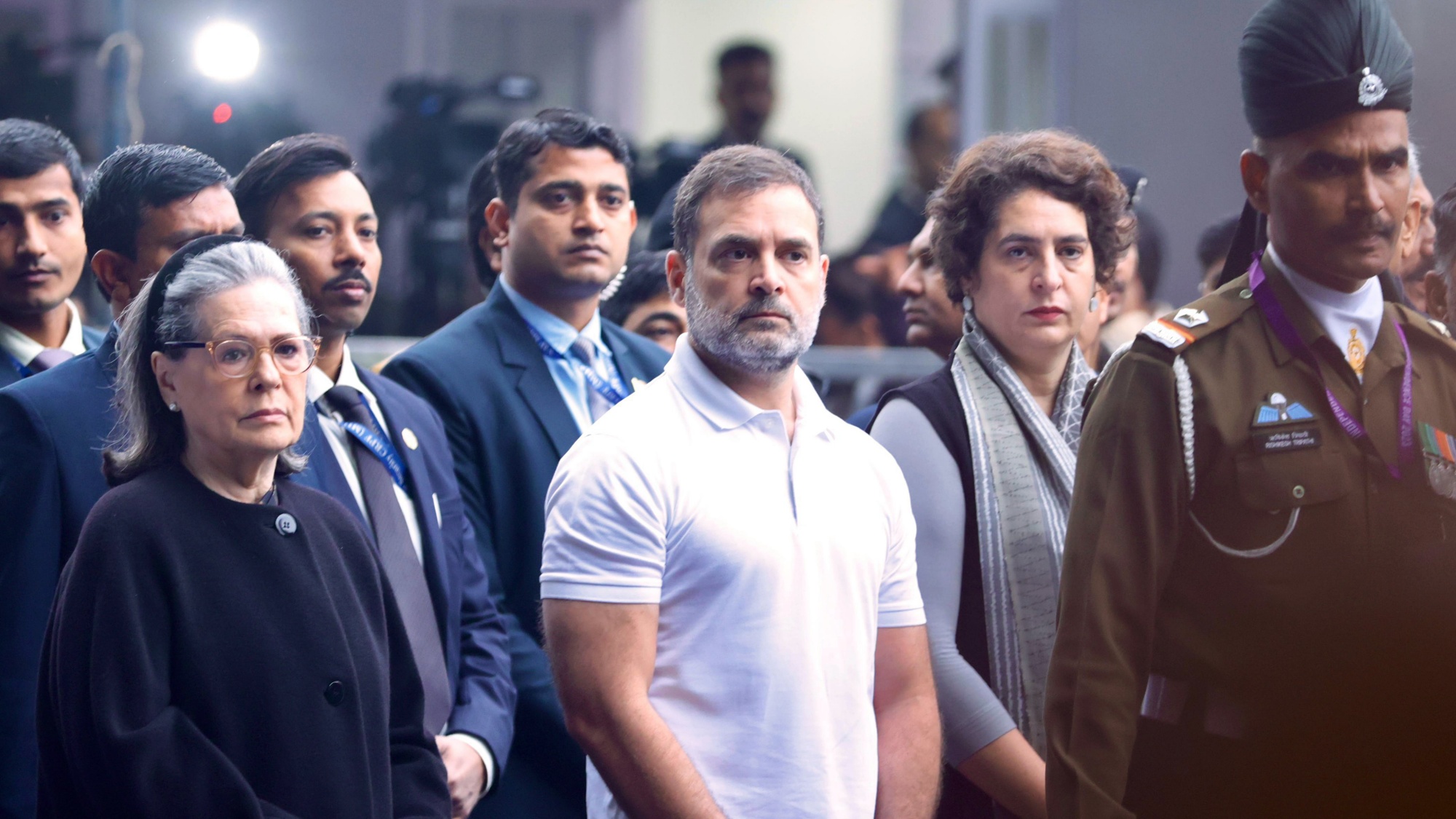
The impact on the BJP is equally noteworthy. Key bills, such as the Waqf Bill and the One Nation, One Election Bill, were sent to standing committees—an unusual move for a party previously known for bypassing such scrutiny. This reflects the reality of a coalition-driven government where regional partners wield considerable influence.
Looking ahead, the future of Parliament will no longer be dictated by singular or binary narratives. Instead, diverse voices and regional priorities will increasingly shape legislative proceedings. For both the BJP and Congress, this underscores a vital lesson: without acknowledging and prioritizing regional concerns, national parties will struggle to navigate the complexities of governance. The era of unilateral control is waning, making collaboration with regional forces not just strategic but essential.
Read More
